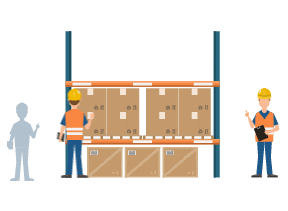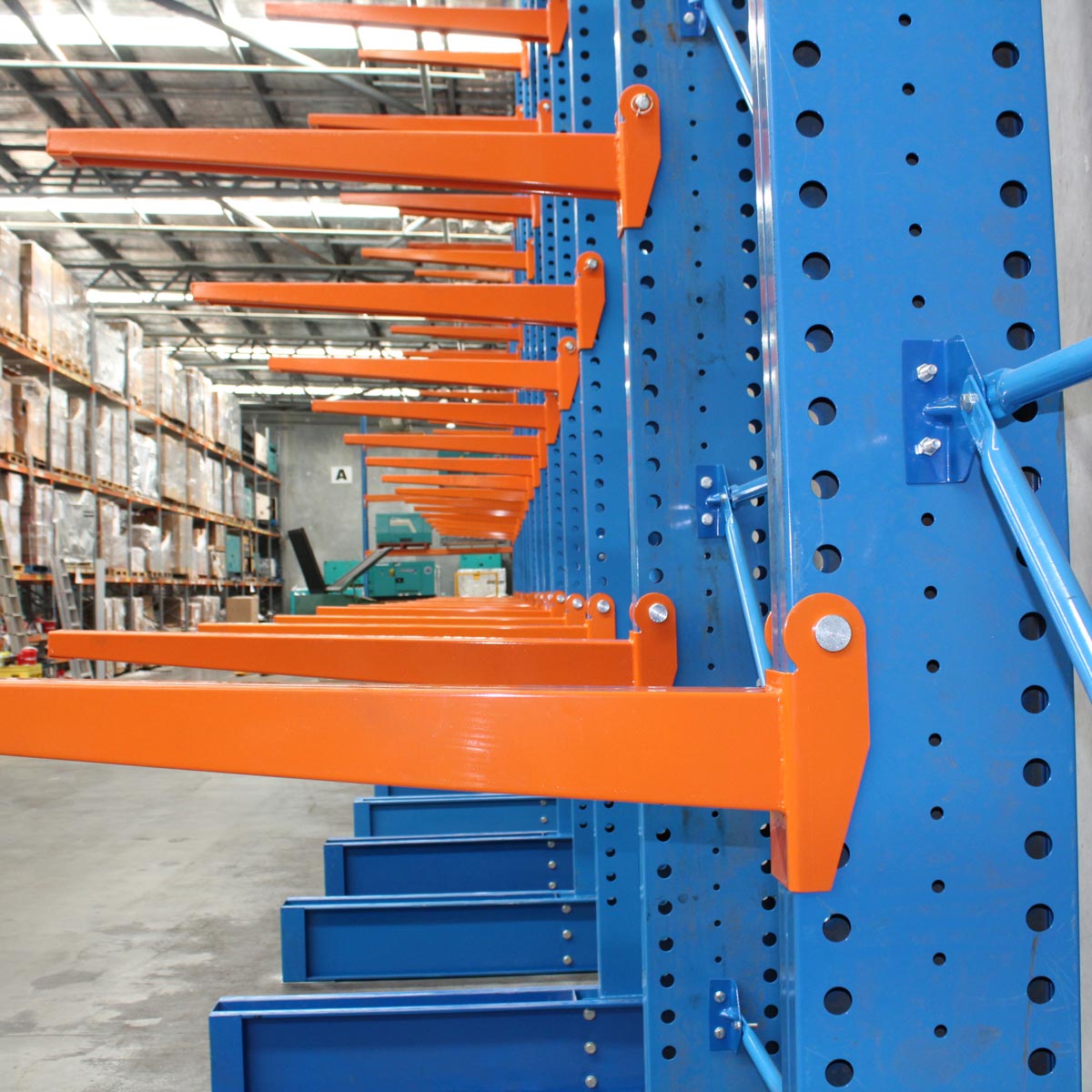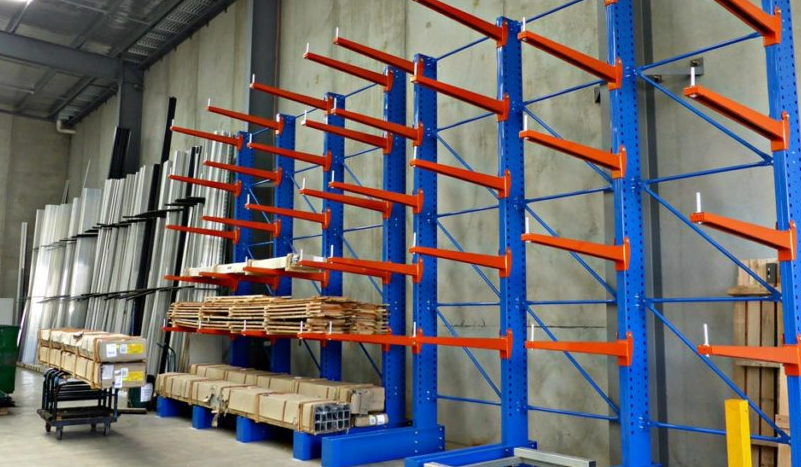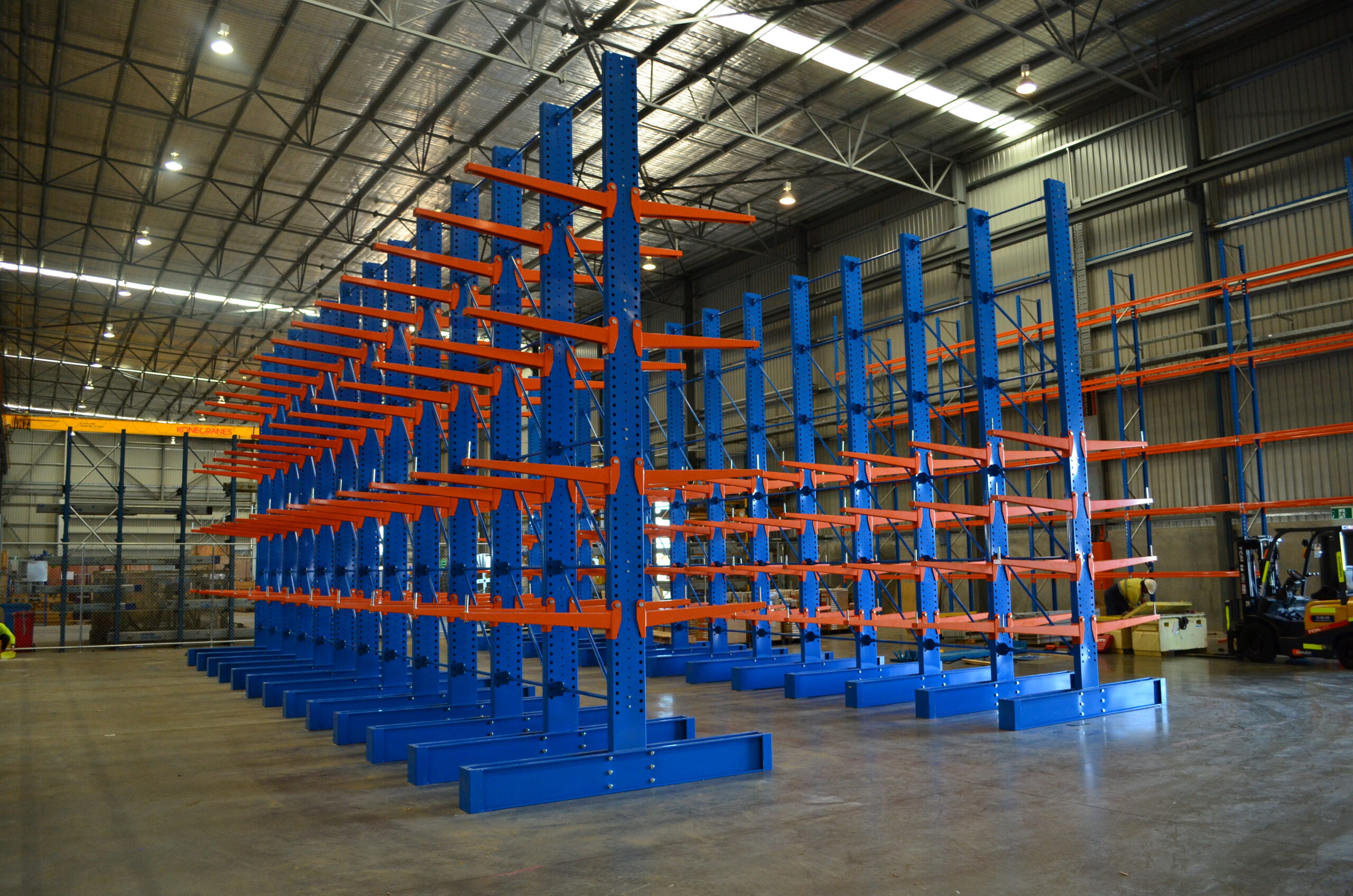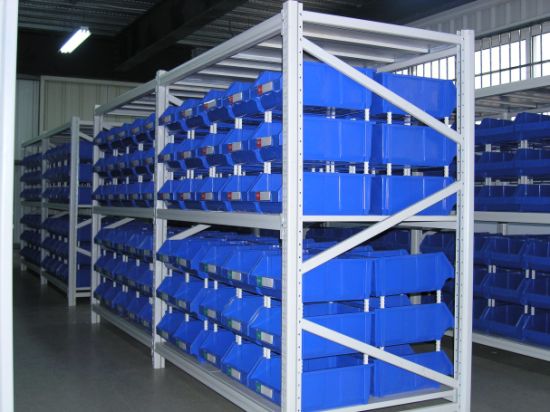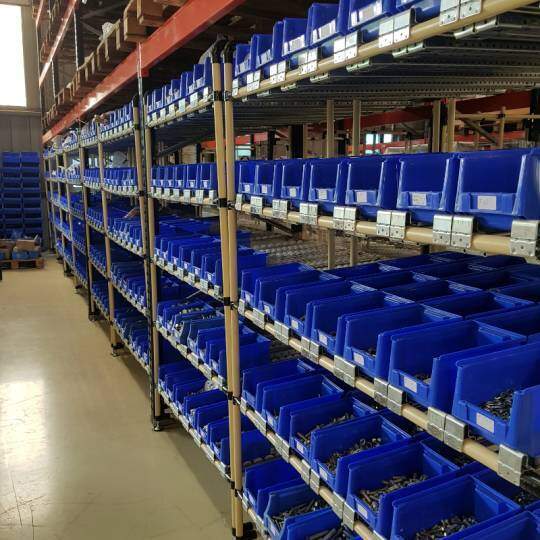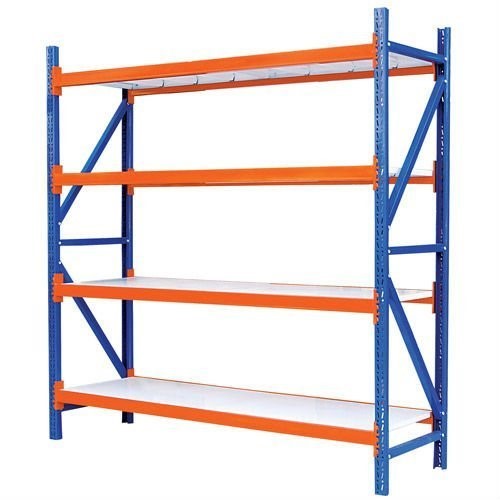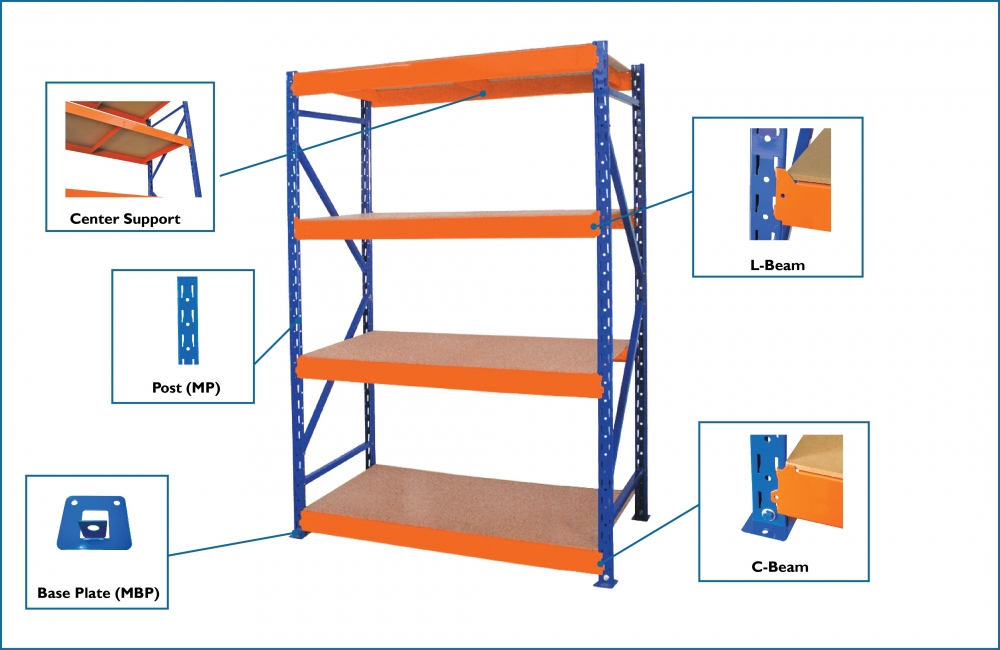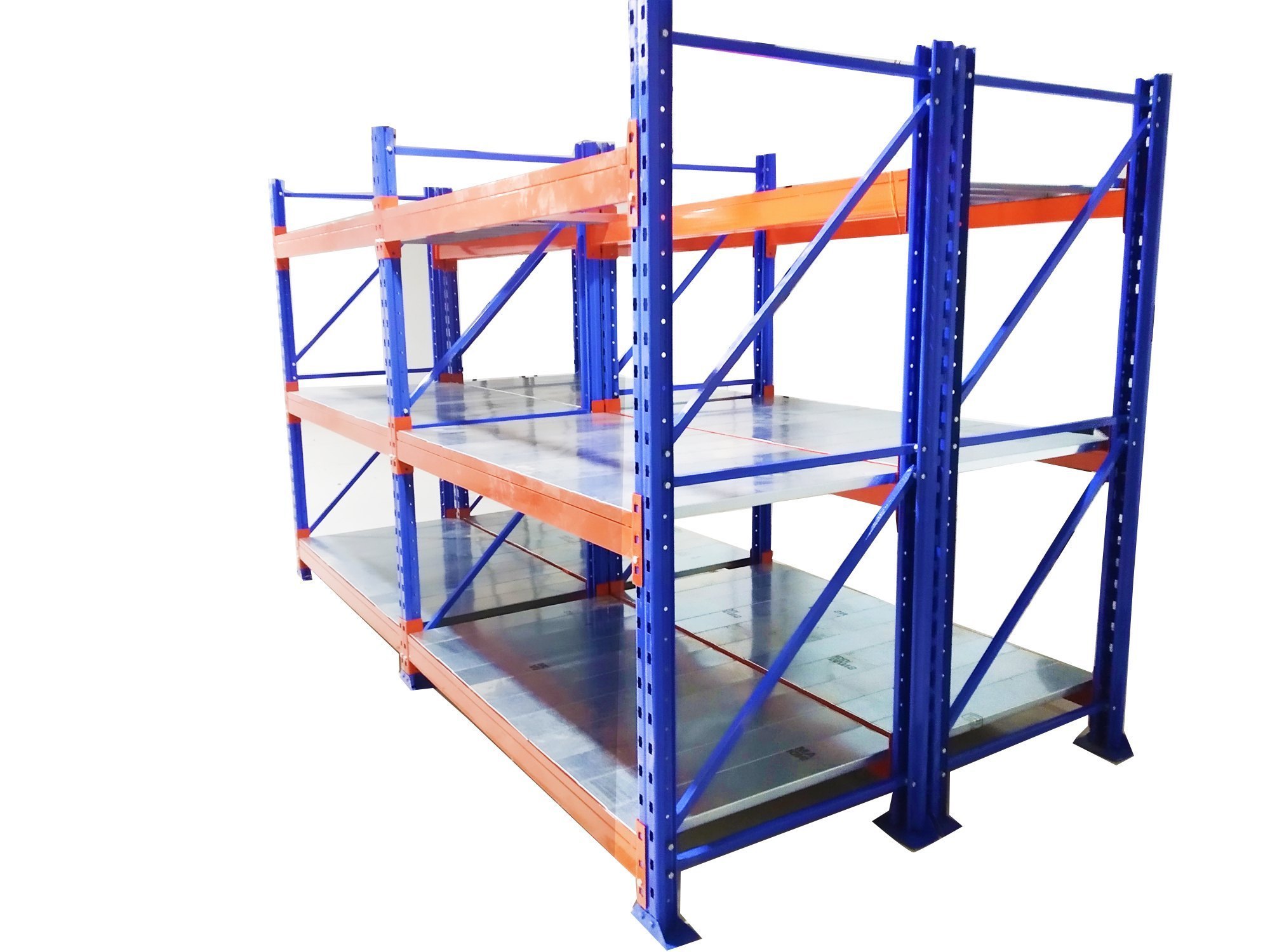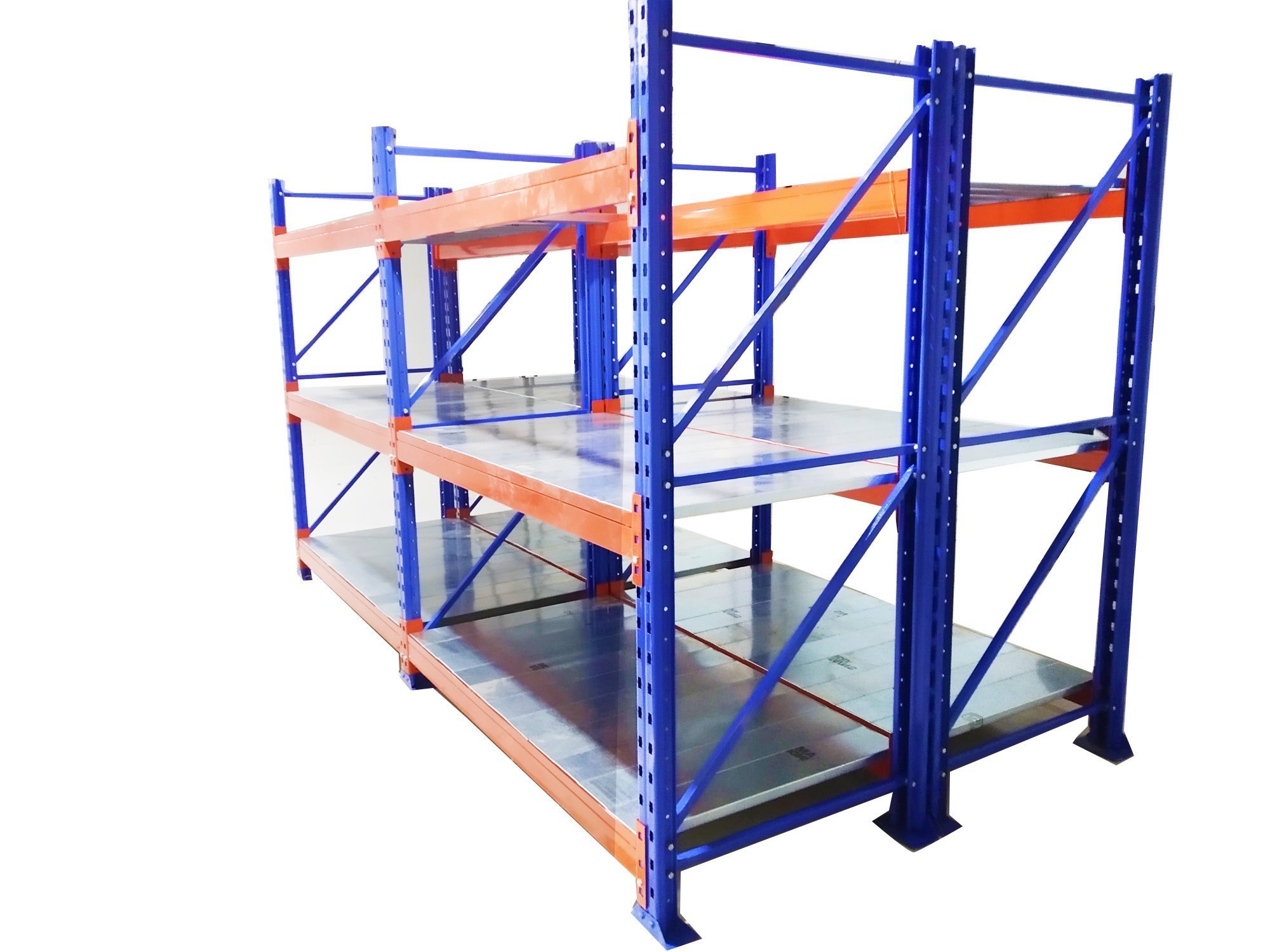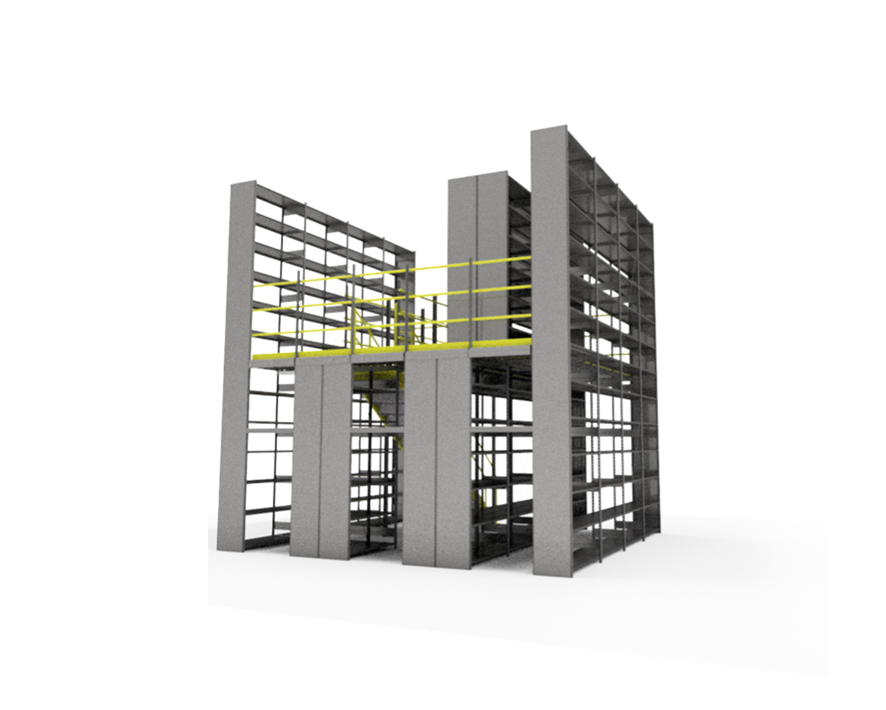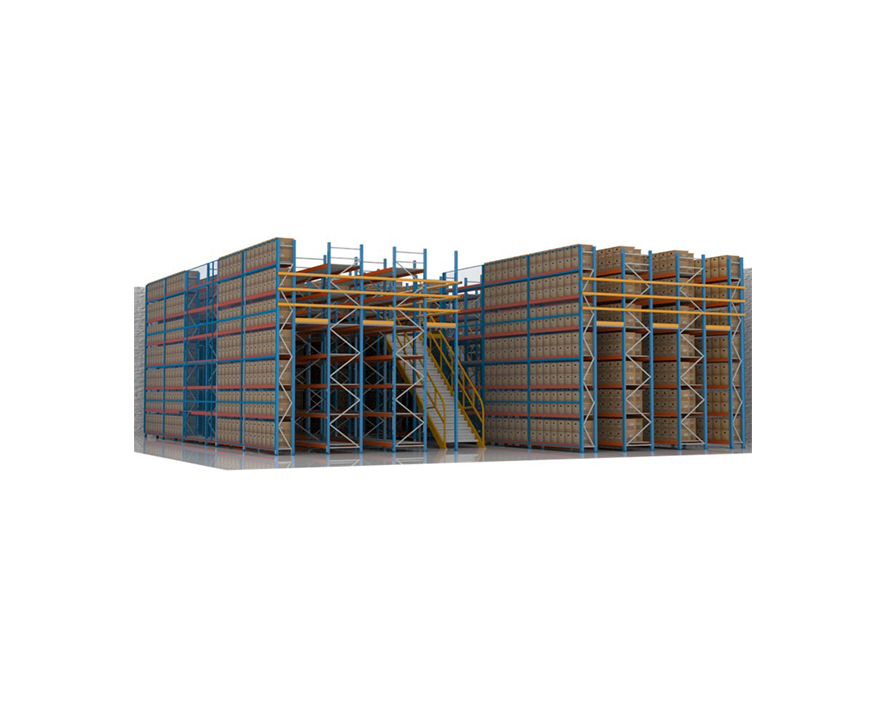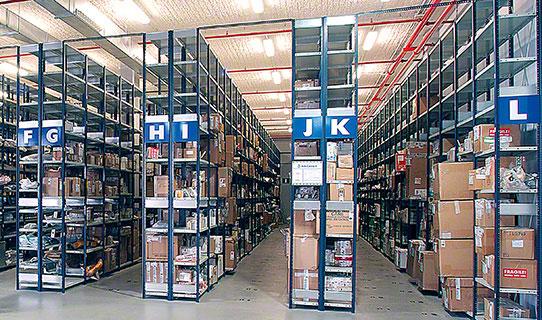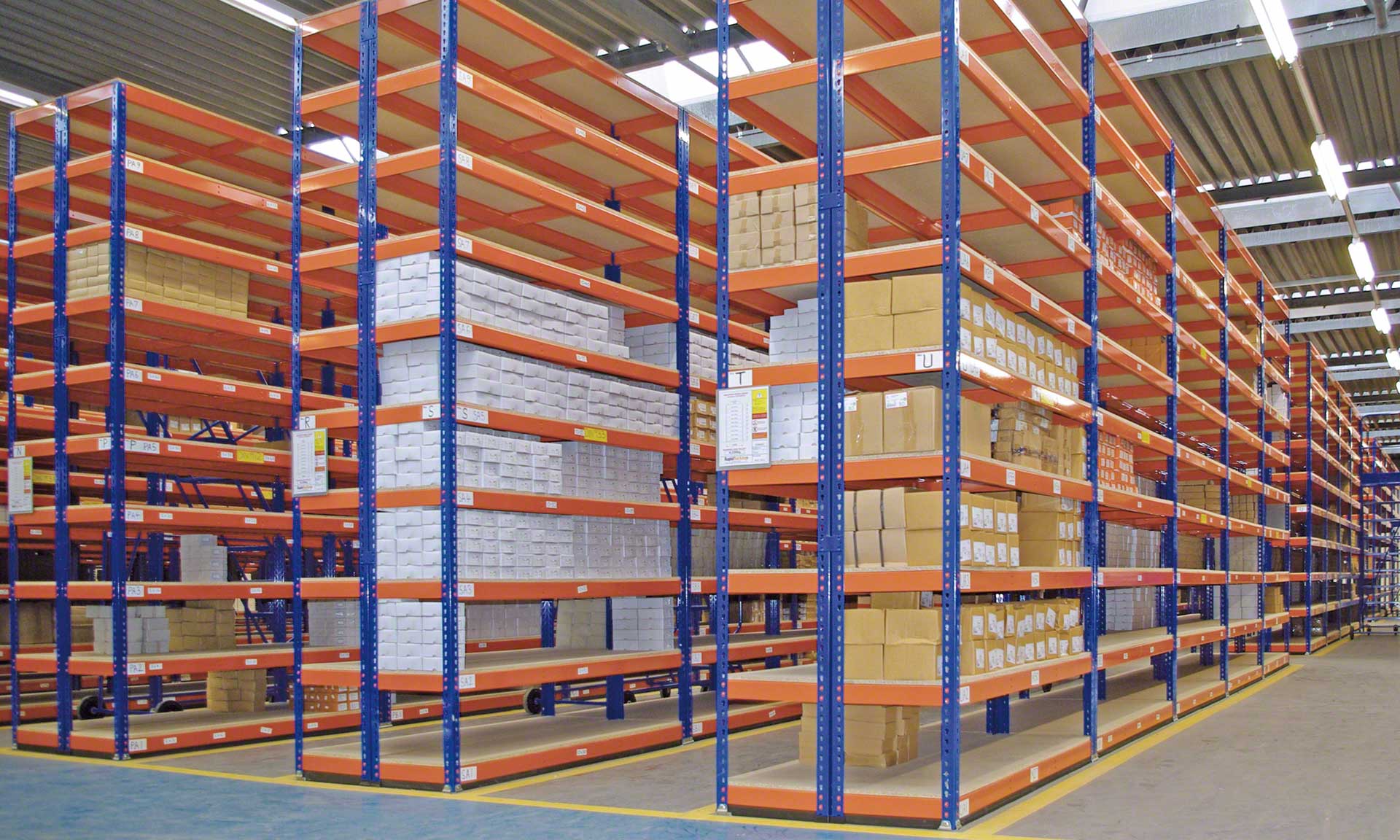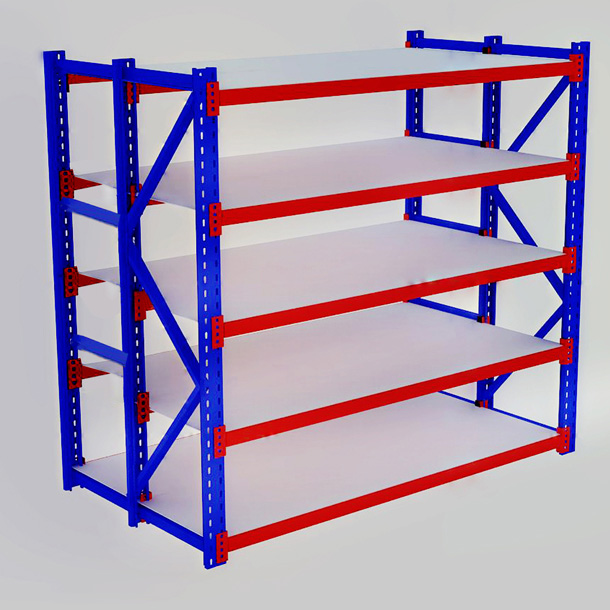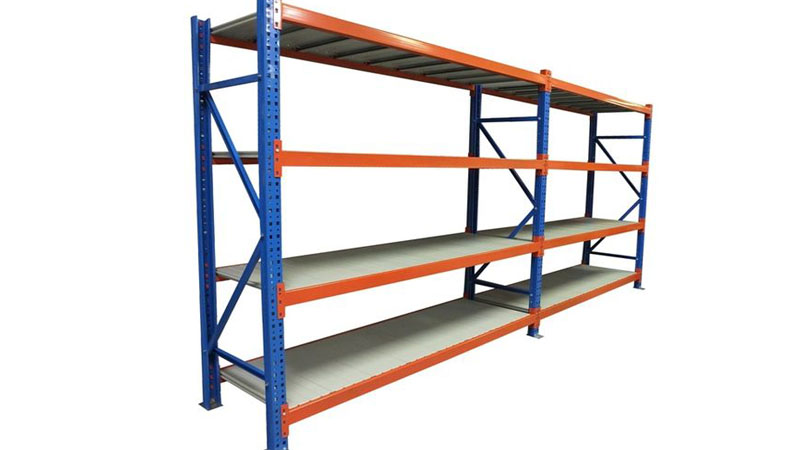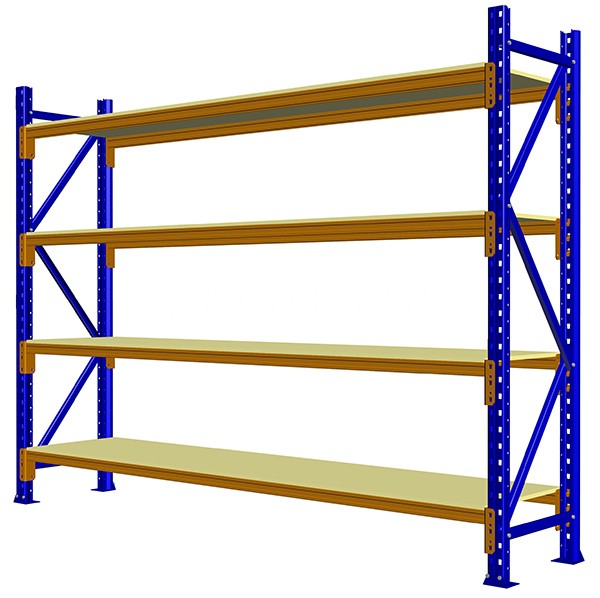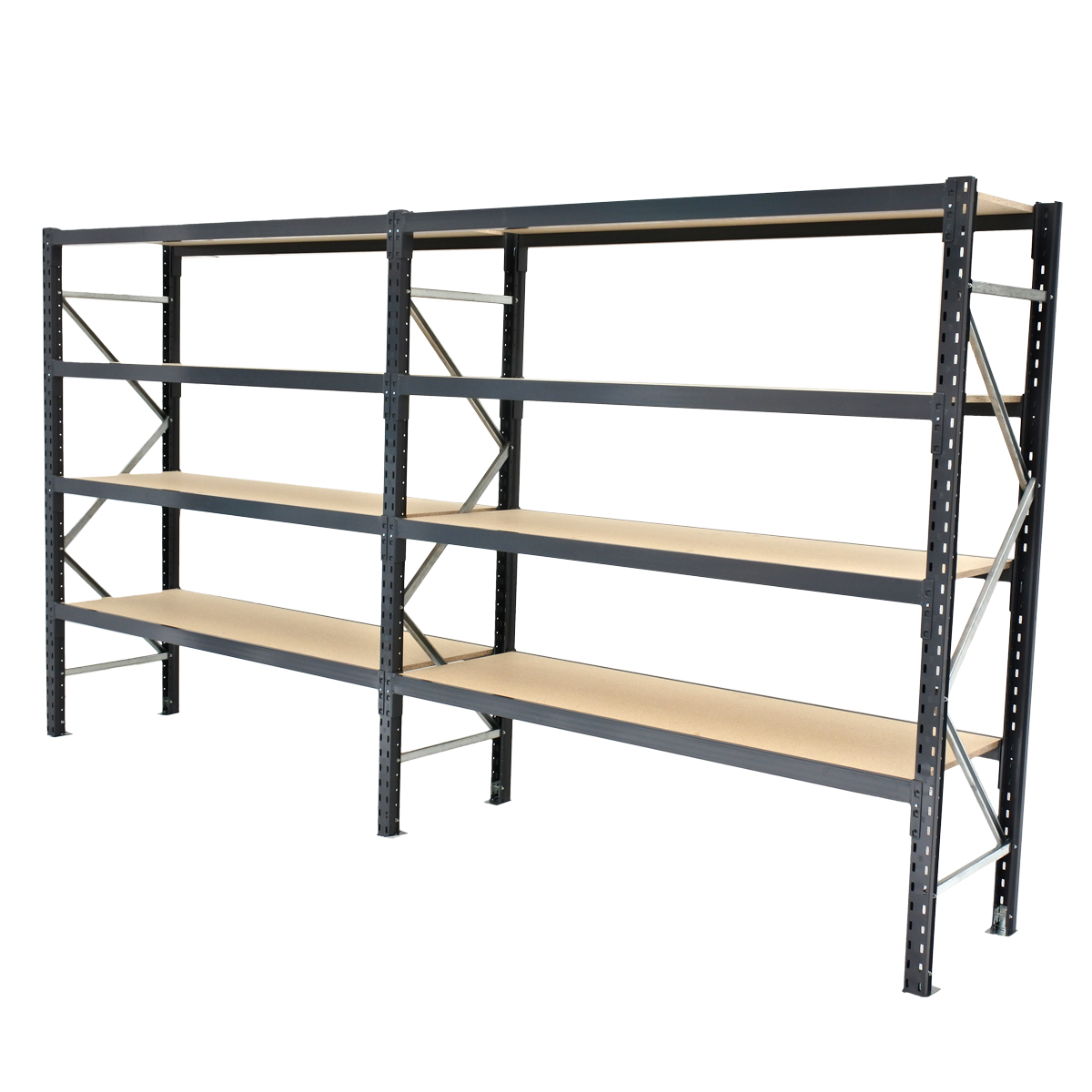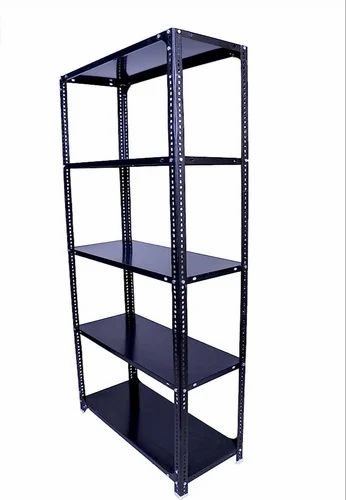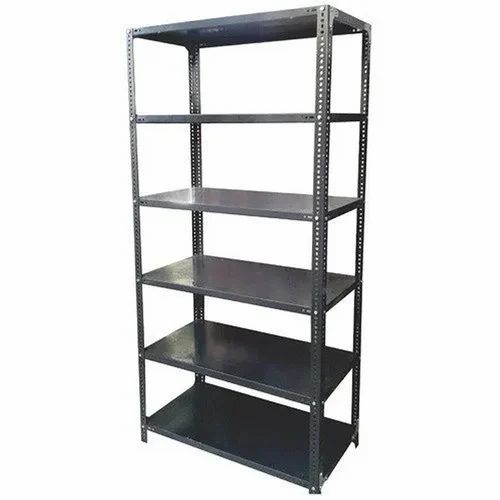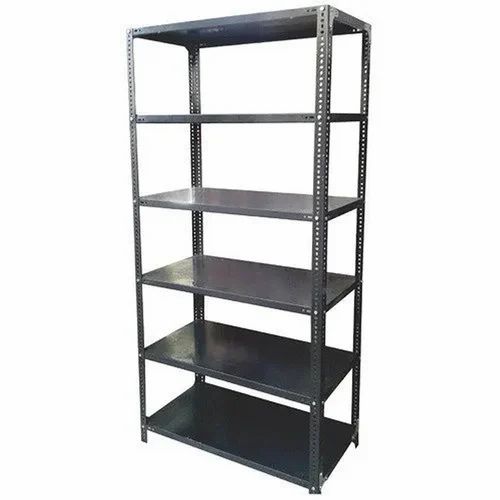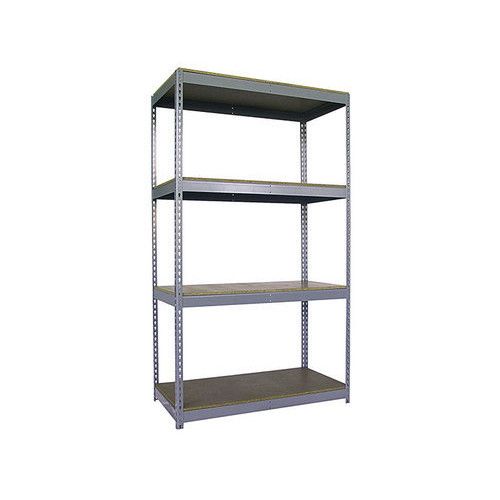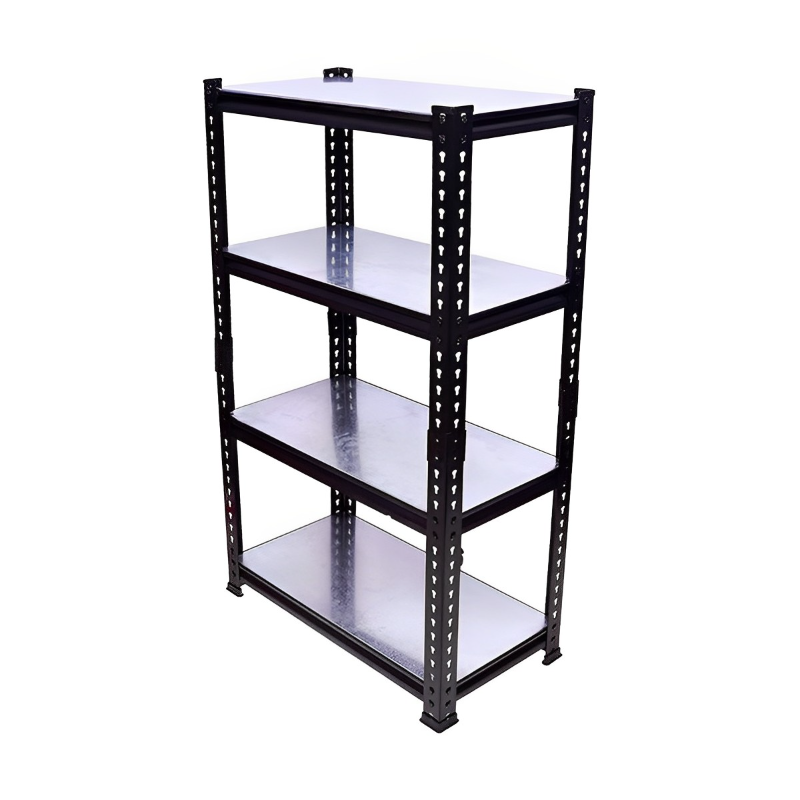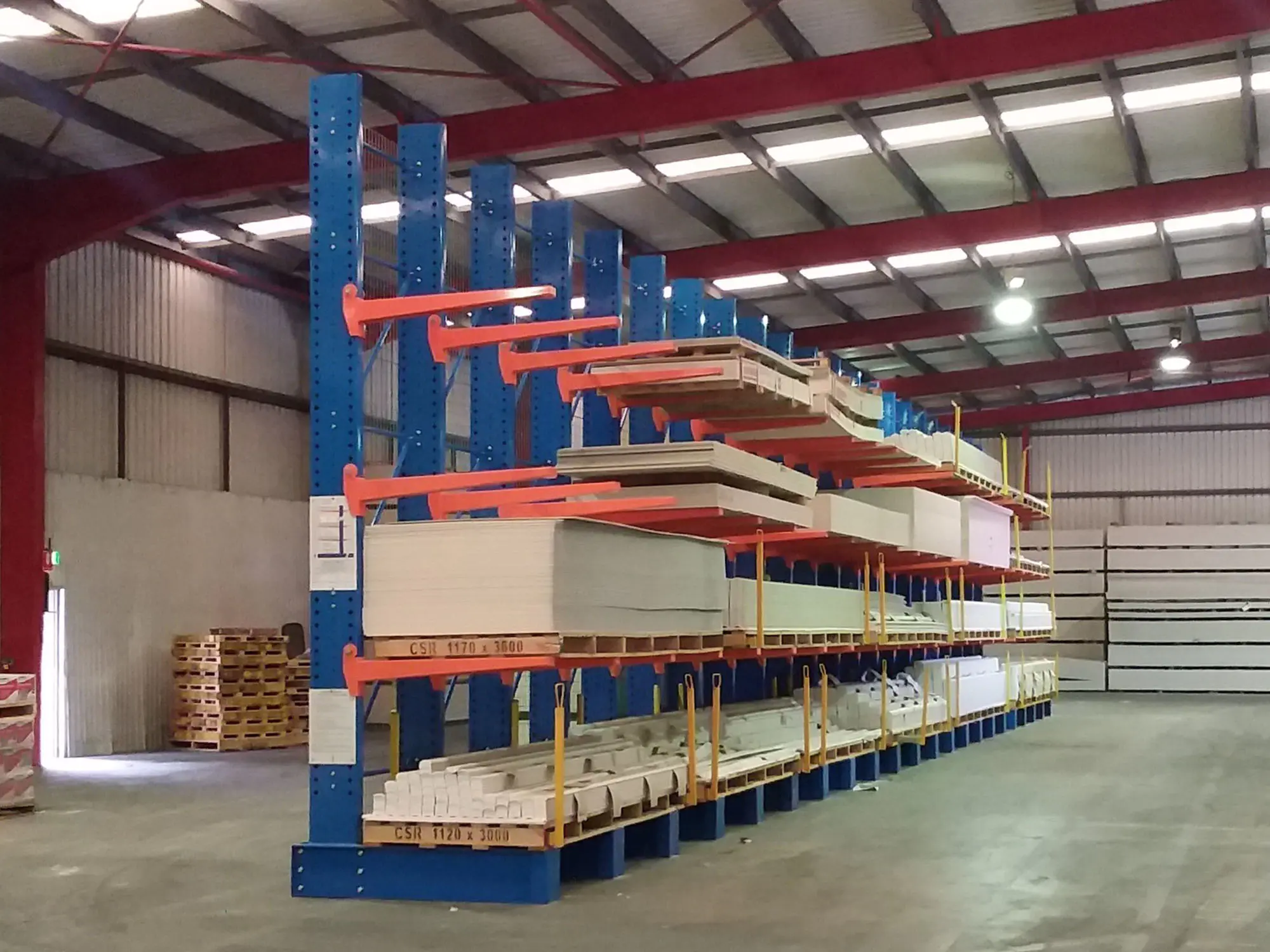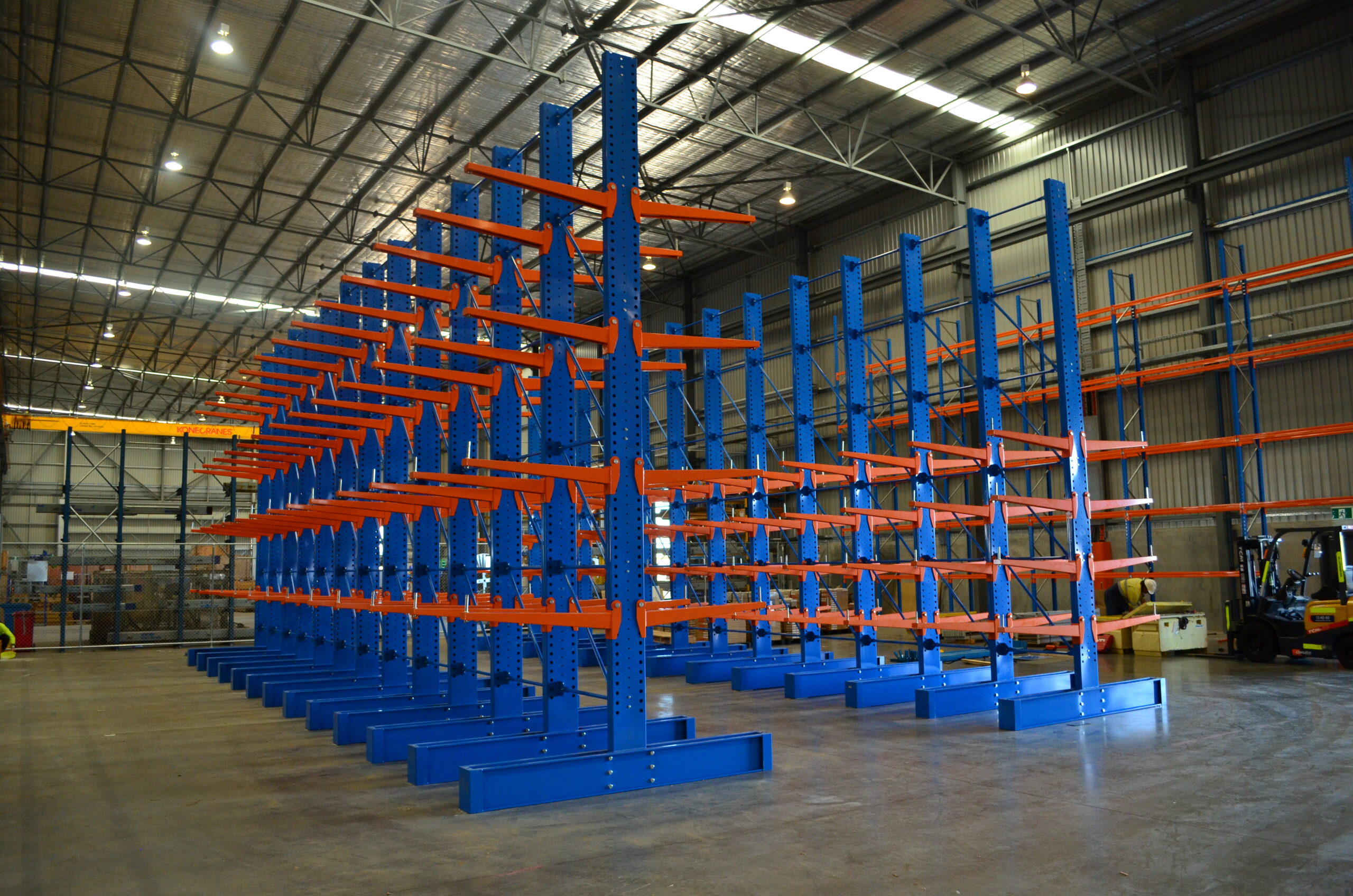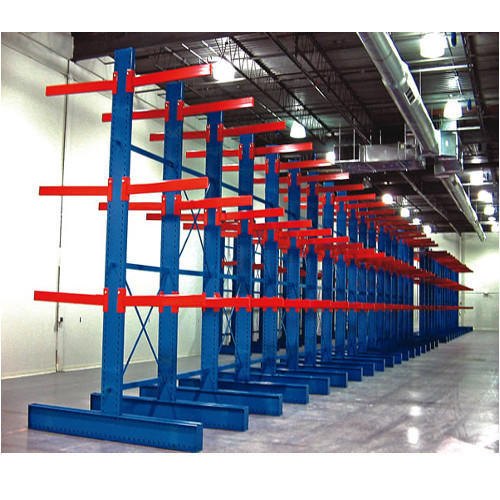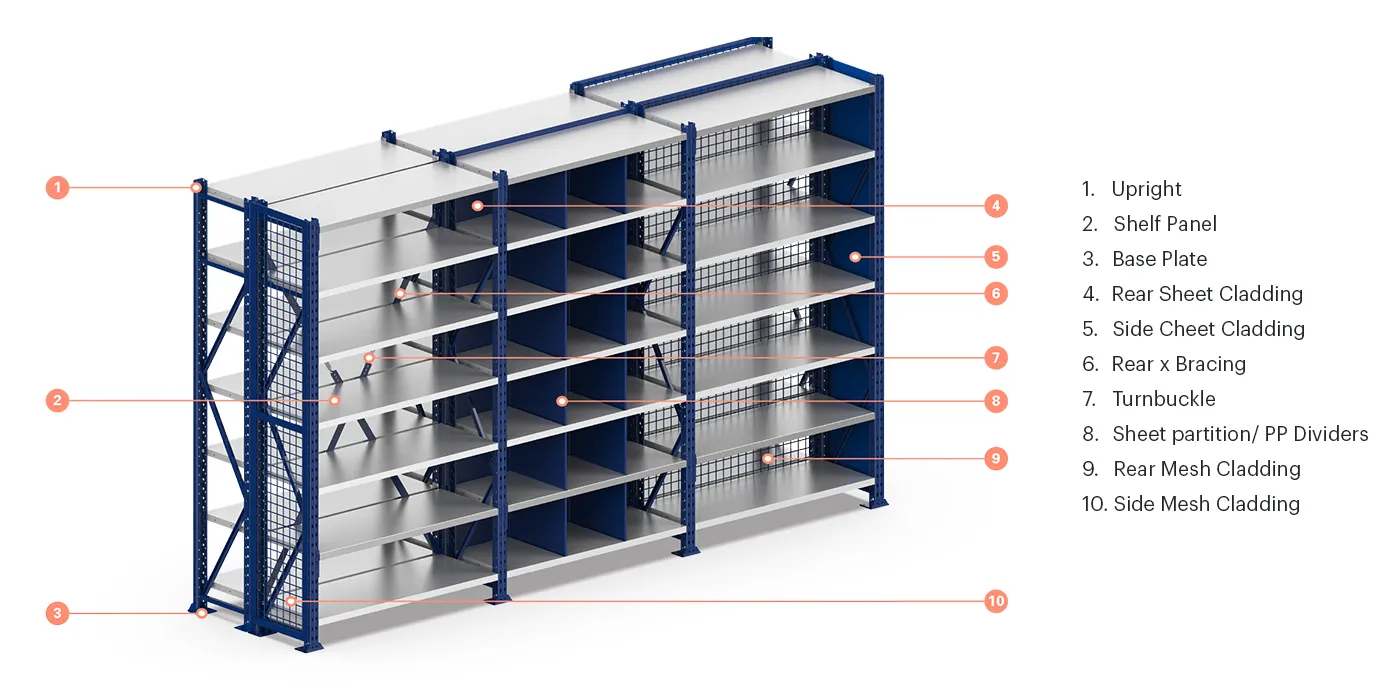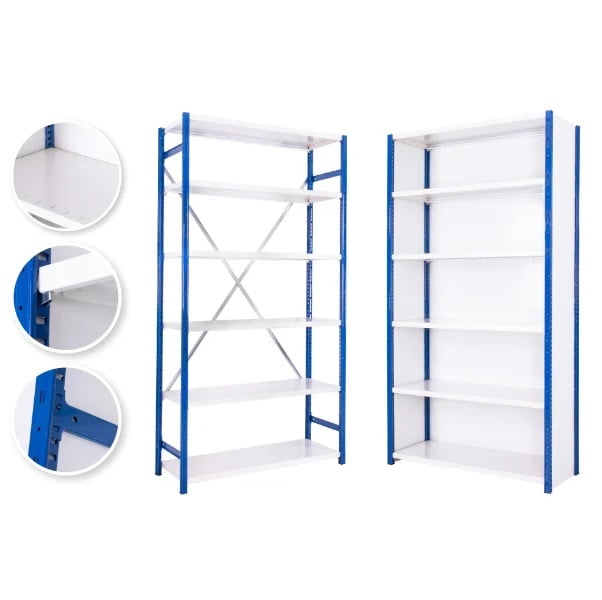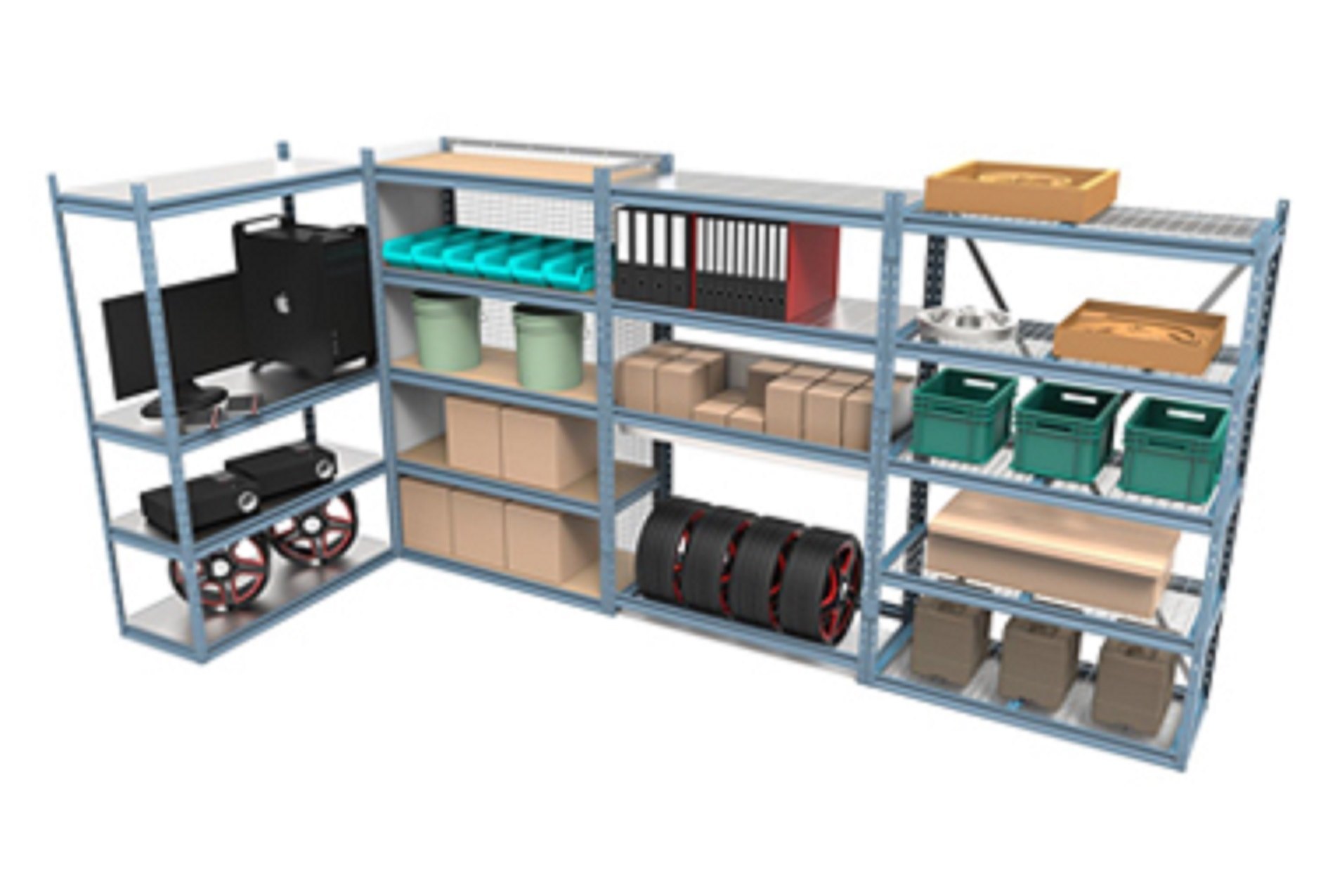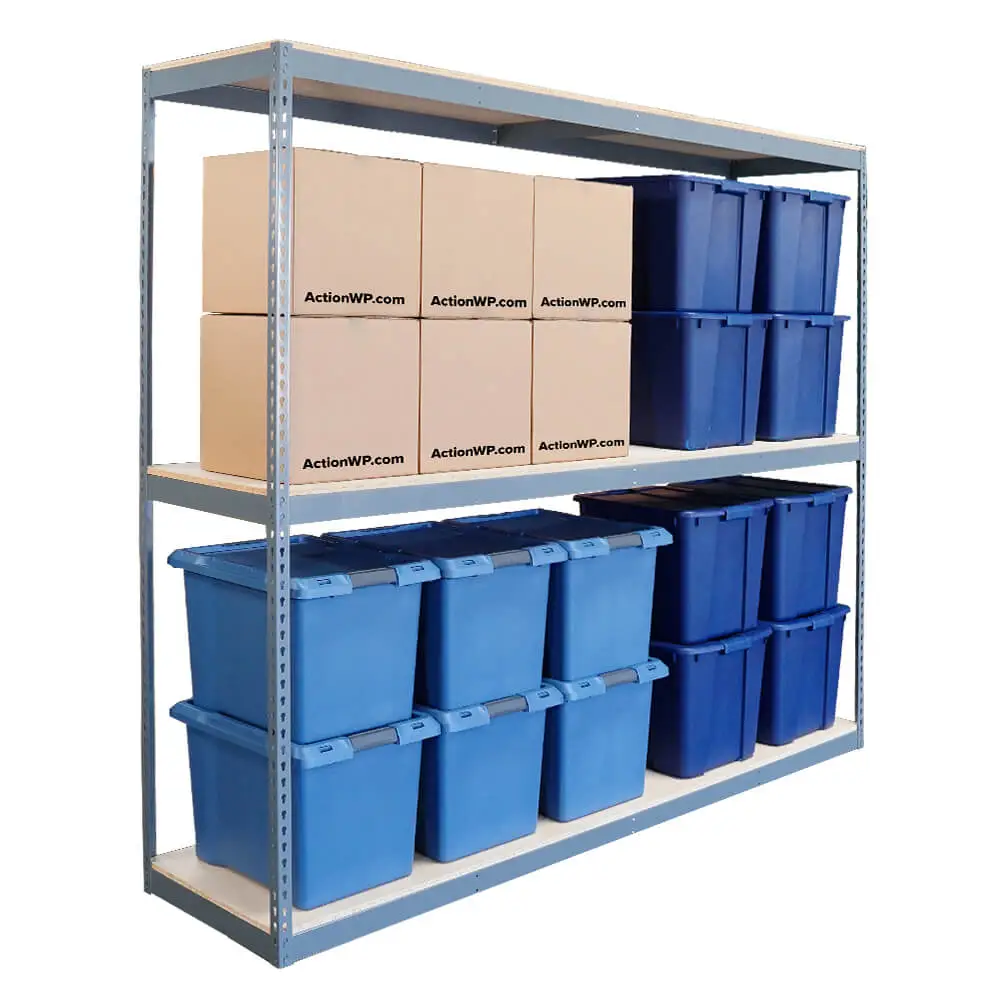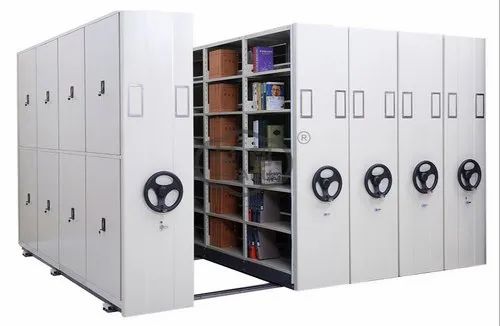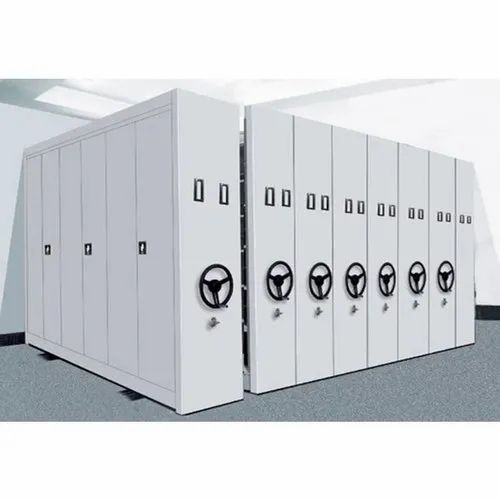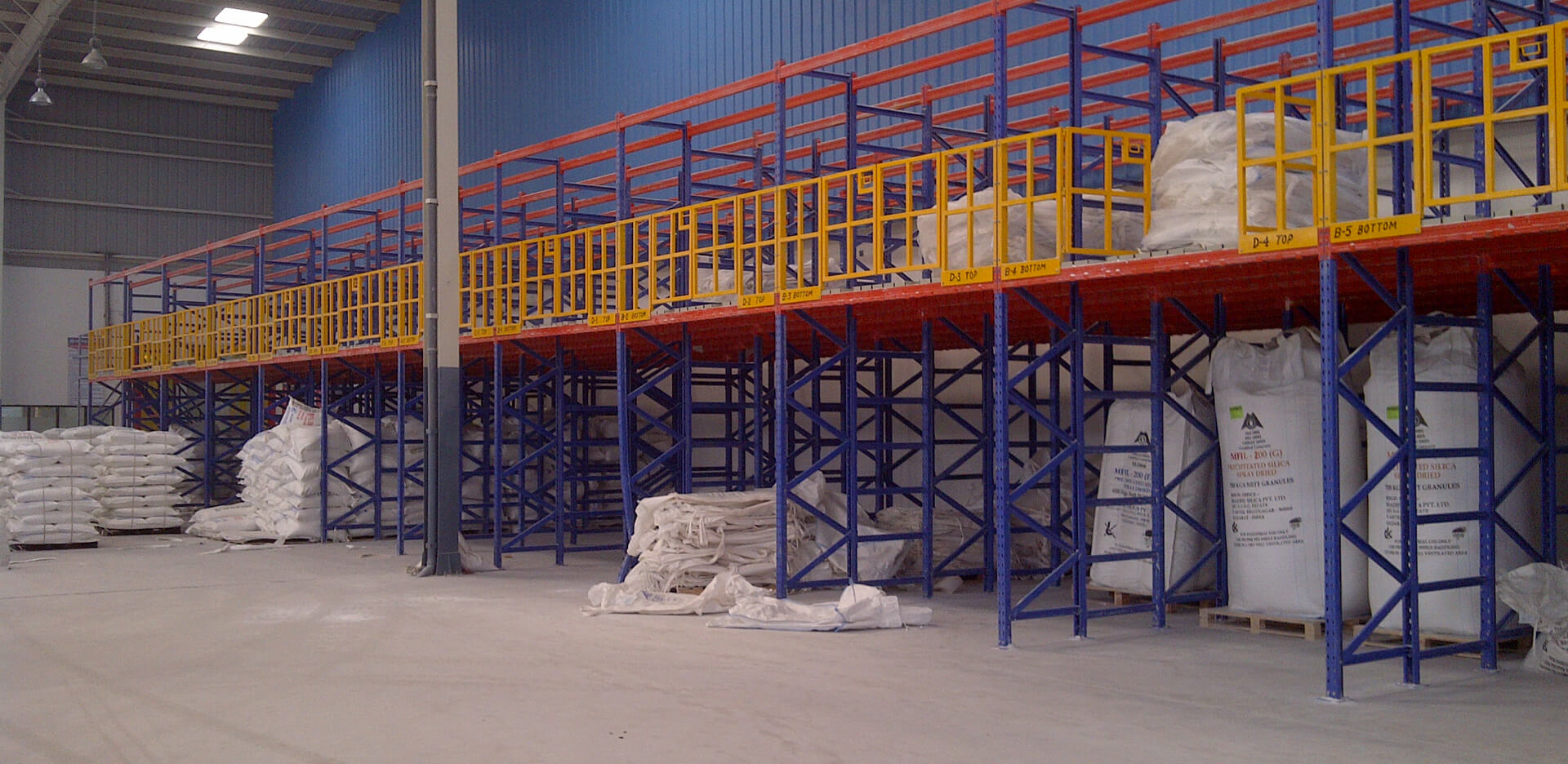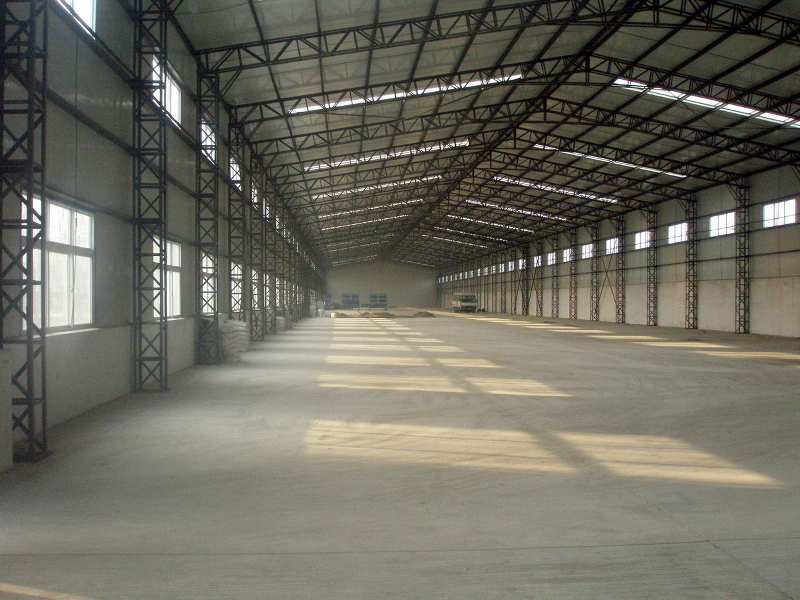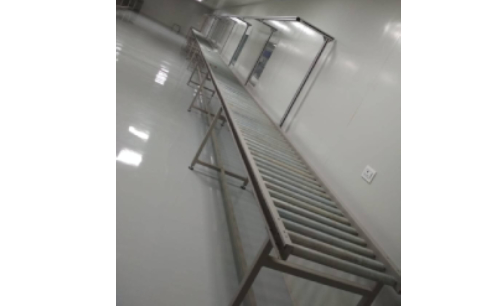
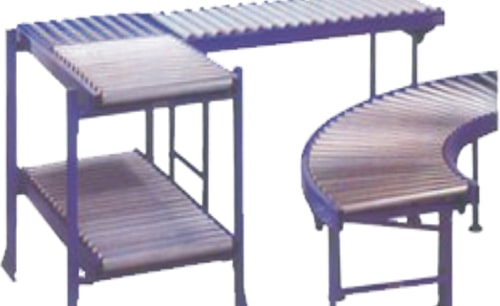


Roller Conveyors
Add Zip code to check availability
Select Quantity
Features
Additional Information
Marketplace Benefits
Warranty & Return Policy
Description
Roller Conveyors are robust and versatile material handling systems designed to transport goods efficiently using a series of rollers supported on a rigid frame. These conveyors enable smooth movement of materials either manually, by gravity flow, or through motorized drive systems, depending on process requirements.
They are widely recognized for their simplicity, durability, and flexibility in handling a broad range of items such as boxes, cartons, crates, pallets, trays, totes, and poly bags. Roller conveyors form an essential part of modern production, assembly, and packaging lines—ensuring faster, safer, and more organized material movement.
Each system can be custom-engineered to meet specific operational needs, including roller size, frame width, pitch, and load capacity, making it suitable for light, medium, and heavy-duty applications.
Applications
Roller Conveyors are extensively used in diverse industries for a wide range of purposes, including:
Assembly and Production Lines
Packaging and Inspection Stations
Warehouses and Distribution Centers
Automotive and Engineering Workshops
Logistics and Material Handling Operations
E-commerce Fulfillment and Sorting Facilities
Crate and Pallet Transport Systems
Types of Roller Conveyors
Gravity / Manual Roller Conveyor
Operates without electrical power.
Utilizes the natural force of gravity or manual push to move items.
Ideal for flat or slightly inclined surfaces.
Suitable for lightweight to medium-weight materials.
Motorized / Powered Roller Conveyor
Equipped with an electric motor and drive mechanism for automatic movement.
Suitable for continuous operations or longer conveying distances.
Can be integrated with automation systems, sensors, and speed controls.
Perfect for handling heavier loads or high-volume production lines.
Both types can be tailor-made according to specific operational needs, layout requirements, and load specifications.
Key Specifications
| Feature | Description |
|---|---|
| Structure | Heavy-duty MS / SS / Aluminum frame construction |
| Roller Material | Mild Steel (zinc plated), Stainless Steel, or PVC |
| Roller Diameter & Pitch | Customizable as per product size and weight |
| Drive Type | Gravity (manual) / Chain-driven / Belt-driven / Motorized |
| Load Capacity | Light, medium, or heavy-duty as per requirement |
| Dimensions (L × W × H) | Fully customizable |
| Surface Finish | Powder coated / zinc plated / polished |
| Mobility Options | Fixed or portable with lockable castor wheels |
| Power Supply (Motorized Type) | 230V / 415V AC, 50Hz |
| Optional Features | Side guards, guide rails, sensors, stopper mechanisms |
Features & Advantages
Flexible Operation: Can be used manually, with gravity, or motorized power.
Durable Design: Built using robust materials for long-lasting performance.
Customizable: 100% tailor-made as per product dimensions, layout, and process needs.
Low Maintenance: Simple design with minimal moving parts ensures easy servicing.
Cost-Effective: Offers excellent material movement at a low operational cost.
Scalable: Can be extended, reconfigured, or integrated with automation systems.
Smooth & Safe Movement: Ensures gentle handling of products without damage.
Indoor & Warehouse Friendly: Suitable for industrial, commercial, or logistics environments.
Conclusion
The Roller Conveyor is a proven and efficient material handling solution offering versatility, reliability, and adaptability across industries. Whether operating as a gravity/manual system for simple transport or as a motorized conveyor for automated production lines, it ensures smooth flow, reduced labor, and optimized productivity.
Engineered for performance and durability, every Roller Conveyor can be custom-designed to suit your operational layout, ensuring a perfect balance between functionality, efficiency, and cost-effectiveness.
